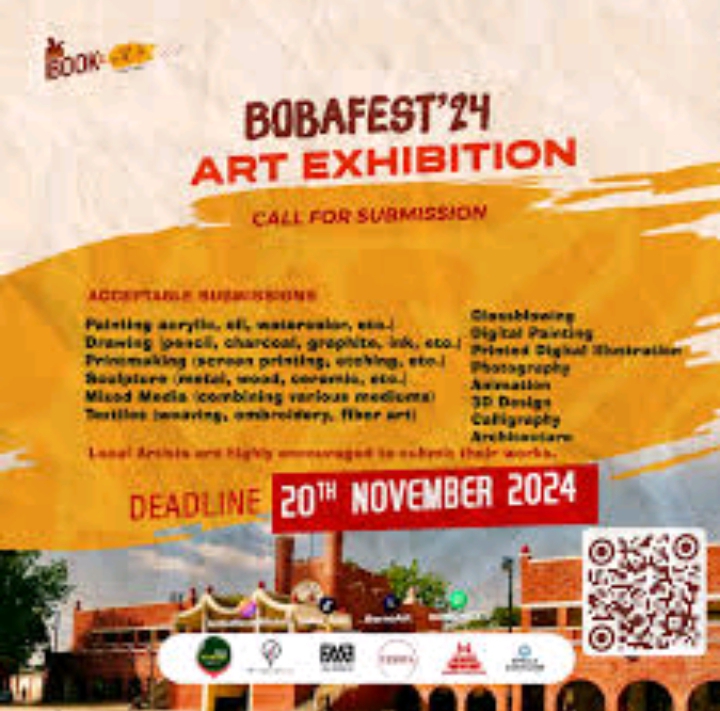BY ZAINAB MUSA BWALA
Many like me who grew up in multi-cultural families most often don't know how much of a gift that is and most of us cannot even tell how this shapes their lives and ways of doing things.
Mine is an enriching experience. My parents, who come from different backgrounds, but brought together by love, have taught me invaluable lessons. My father, a Pabir-Bura man from Hawul Local Government of Borno State, and my mother, a Fulani woman from Fofore Local Government of Adamawa State, have exposed me to two distinct worlds.
But before that, let me tell what inspired this piece. Yesterday, I joined a two-day journalism workshop facilitated by Abdulhamid Al-Gazali at YERWA EXPRESS NEWS office as part of #Bobafest2024. After I introduced myself, he asked me if I was Fulani. It was probably his random way of getting to know us. I told him I am both Fulani and Pabur. He didn't forget that, at the end of the day one session, he told me to write about how being both Fulani and Pabur may have influenced me. It was a perfect topic, even though I suspect it was his trick to know if I had understood the things he taught us.
Growing up in this household has been a blessing, albeit sometimes challenging. As a homemaker, my mother has instilled certain behaviors and values in me, serving as a role model. Her Fulani heritage, known for its conservative and reserved nature, has taught me the importance of humility and calmness.
In contrast, my father's tradition emphasizes the significance of Western education. This dichotomy has broadened my perspective, allowing me to appreciate both conservative traditions and the value of modern education.
Moreover, our traditional meals have been a fascinating aspect of our multicultural household. As a child, I have learned to appreciate and prepare various dishes from both cultures.
Growing up, I've had the privilege of experiencing various traditional meals from both my parents' cultures. The Babur people are known for their delicious garden egg dishes, while the Fulanis are famous for their Fura da Nono. I've learned to appreciate and enjoy these traditional meals, and they've become an integral part of my cultural heritage.
Similarly, when it comes to traditional attire, I've made a conscious effort to embrace and appreciate both cultures. I believe it's essential to respect and celebrate our cultural differences, rather than letting discrimination or prejudice get in the way.
My experiences have taught me invaluable lessons about the importance of cultural tolerance, understanding, and appreciation. I hope that young people from different ethnic backgrounds will continue to come together, learn from each other, and celebrate their unique cultural heritages.

